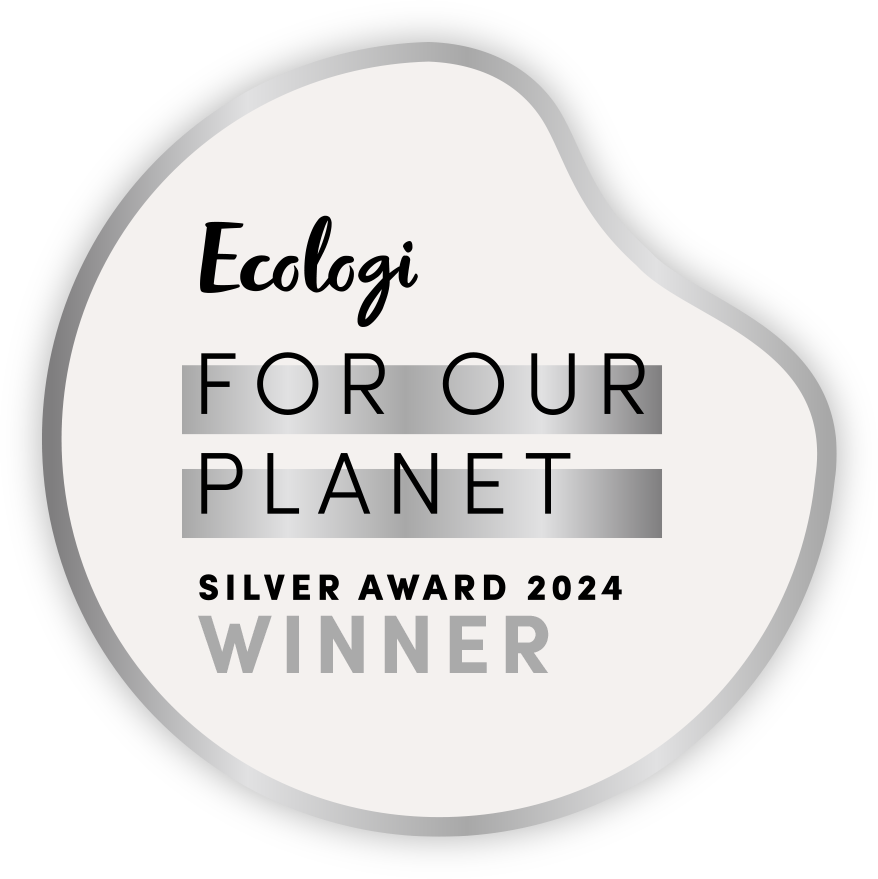Financial leadership is an intriguing place to be right now. If you read our blog from a couple of weeks ago, you’ll know that the CFO’s role isn’t just changing, it’s expanding beyond just numbers.
The University of Cambridge Institute for Sustainability Leadership (CISL) produced a paper called “Broadening the Horizon: How CFOs and Finance Functions Can Help Drive Corporate Sustainability,” and in it they explore the changes, capabilities and tools CFOs and their teams will need to lead a purpose-driven and sustainable organisation.
The expanding role of finance
Finance teams, with their expertise in data analysis, risk management, and reporting, are well-placed to integrate environmental and social considerations into their work.
They can help their businesses transition from a shareholder-focused approach to engage a broader group of stakeholders to reflect a more inclusive perspective on value creation. This shift needs to involve prioritising long-term value that includes social and environmental impact.
Gone are the days of relying on past-performance-based forecasting. Modern and sustainable businesses will adopt future-oriented scenario planning which enables them to navigate uncertainties more effectively. It’s no longer enough to focus solely on financial value.
Navigating complexity and change
The transition to sustainability isn’t easy. It introduces a new level of complexity and uncertainty as businesses must consider a broader range of factors when making decisions. The report emphasises that the increasing number of dimensions incorporated into decision-making (like biodiversity or supply chain impacts) increases the uncertainty surrounding decisions. Not to mention reporting frameworks like the Corporate Sustainability Reporting Directive, which is set to be introduced to UK businesses over the next few years. If you want to hear more about the CSRD, check out our recent podcast episode with Sophie Bailey.
While there are challenges ahead, there are significant opportunities for a more sustainable future for those able to grasp them. Here’s how.
Training and development
Continuous training will be important for CFOs and finance teams. Sustainability continues to develop rapidly which means CFOs will need to keep up with professional development if they’re to stay on top of climate reporting, scenario planning, valuation approaches, sustainable finance and nature-related disclosures. For anybody looking to get started with continued professional development, Sustainability Unlocked has plenty of online videos and resources while the CPD Certification Service has a dedicated Certified Sustainability (ESG) Practitioner Program.
Relevant data
To plan, decide, act, and report effectively, it’ll be important for CFOs to have access to all the data about their organisation’s sustainability. This may mean internal processes need revising to deliver reliable, consistent, and affordable data to the right people such as regulators, standard-setters, software providers, and data management experts.
Upgrade systems and software
To efficiently and seamlessly marry up financial and sustainability information there needs to be more harmonisation of software systems. This may require the development of relevant modules for multi-functional business platform systems, or designing greater interoperability into standalone finance and sustainability-focused systems.
A survey of finance leaders found that 12% of respondents had partly incorporated sustainability information into organisational decision-making while only 2% had fully done so. This is despite an overwhelming 81% of them considering such information important for their organisations. The main reason is a lack of reliable tools and processes to make that happen.
Technical developments
There is still some work to be done to define methodologies and operational standards that finance teams can apply to ensure consistent and accurate reporting.
The Prince’s Accounting for Sustainability Project (A4S) published guidance for finance and accounting practitioners to help them integrate sustainability within their day-to-day operational and decision-making processes. Although these assets are useful, we’re still miles away from having a set of simple resources for accountants that explain the accounting issues of sustainability, describe appropriate techniques to address them, and offer practical tips for implementation.
The same hymn sheet
A simple, clear standardisation of regulatory frameworks, on a global level, would certainly help prevent businesses from being overwhelmed by constant changes. It would mean they could focus their resources on improving sustainability decision-making and performance, rather than trying to keep up to date with the changing frameworks.
Collaboration and sharing
Sustainability is a challenge we need to tackle together. Therefore it’s important for information to be shared collaboratively so those businesses only just starting their sustainability journey don’t have to start from scratch. There is huge scope for conferences, webinars, workshops and detailed case studies to support collective learning.
The road ahead
The CISL’s paper is a rallying call for CFOs and their teams to step up and reduce their business’ impact on the planet. Through new knowledge, understanding, data, systems, and processes, CFOs have an opportunity to influence decisions at the top in favour of a more sustainable future.
Your partner in sustainable finance
At Core3, we believe in conscious recruitment that goes beyond simply filling positions. We’re dedicated to placing the right people in the right roles, at the right time, with a view on the bigger picture. We’re not just about transactions; we’re about building relationships and ensuring that every placement contributes to a better future for our candidates, our clients, and the world around us.
Contact us today, and let’s explore how we can make a positive impact together.





